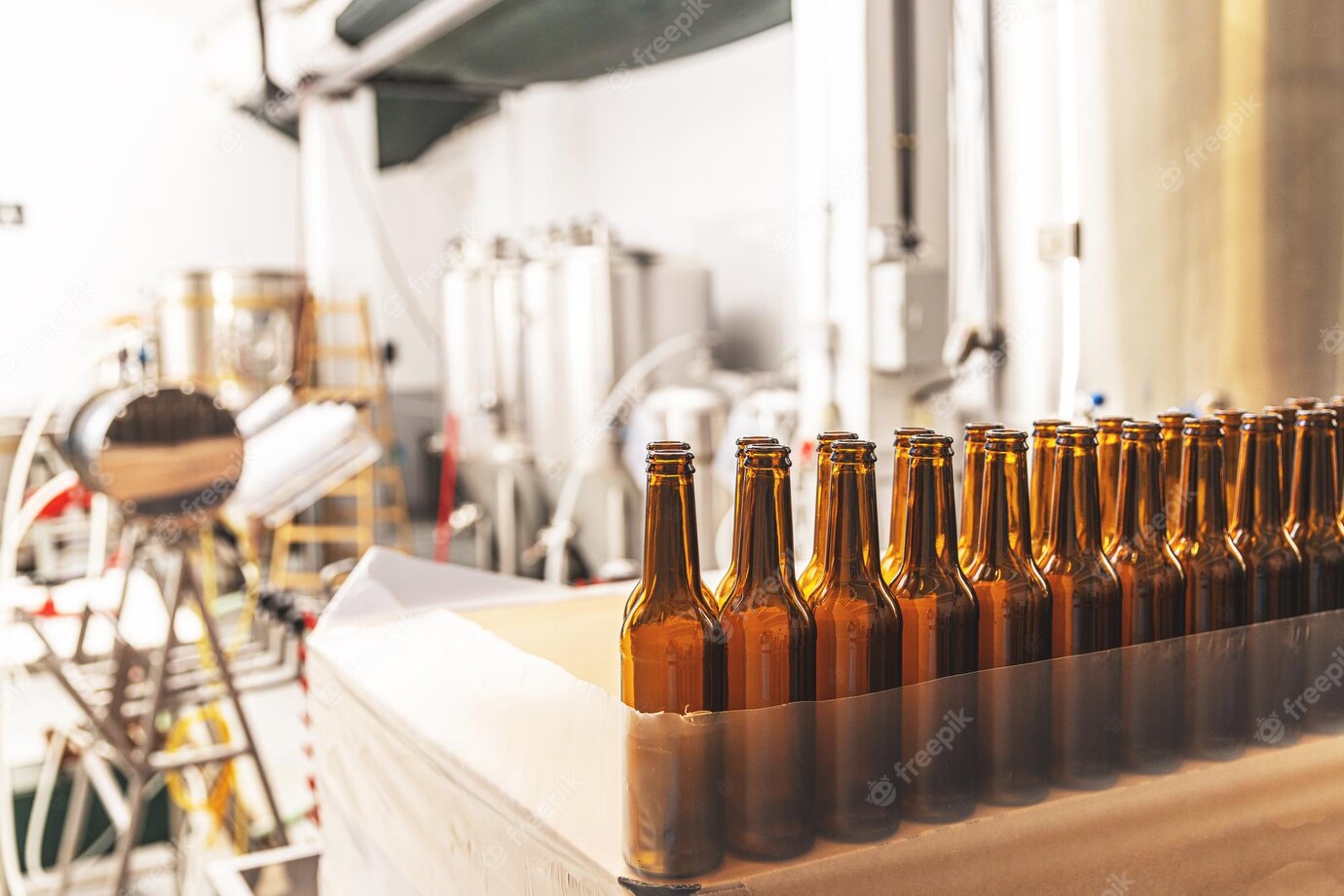Discover the secret tips to brewing English beers – unlock beer perfection!
Are you interested in learning how to make your own English beers? Brewing beer is a fun, creative hobby that can be great to enjoy with friends. This article provides some tips and tricks to help you get started on your journey to creating delicious and unique English beers. You’ll learn about the different styles of English beer, the essentials supplies needed for homebrewing, and tips for controlling fermentation and flavor. So, get ready to craft your own custom beers!
Brewing English Beers: Tips and Tricks
English beer has been crafted in pubs across the United Kingdom for centuries, and is now gaining a firm following in the US, too. As the popularity of the classic English beers continues to rise, so does the desire to brew them at home.
For home brewing enthusiasts, English beers offer a unique challenge — they require more specialized ingredients and techniques than other beer styles. What’s more, they can be quite tricky to replicate with consistent results, as even the slightest variance in the ingredients or techniques can result in an entirely different flavor profile.
On the upside, when brewed correctly, the classic English beer styles — ESB, IPA, Bitter and Stout — are a joy to drink. To help you brew the perfect English beer, here are a few tips and tricks.
1. Gather the Right Ingredients
The ingredients in English beers are much different than those in craft beer, so it’s important to gather the specific ingredients for the type of beer you are brewing.
For example, if you’re brewing an ESB beer, you’ll likely need several different types of light grains, including Maris Otter, Aromatic and Crystal Malt. You’ll also need the classic British yeast strains, such as WLP 007 or WLP 004. For the hops, you’ll likely need Kent Fuggles or a similar variety. For IPAs, you’ll want to use more of a citrusy hop such as East Kent Goldings.
It’s important to get the right ingredients in order to get the desired flavor and aroma notes. The more traditional ingredients you use, the more authentic English beer flavors you’ll get.
2. Make the Wort
When it comes to making the wort, it’s important to remember that the English beer styles do require a bit more work. For instance, when making an ESB, you’ll want to steep each of the grains separately to get the full desired flavor. Likewise, for IPAs, you’ll want to boil the wort for longer and add the hops in stages.
When making a wort, it’s important to keep careful notes on what steps you take and what ingredients you use. Variations in the process can lead to different results, so it’s important to take good notes while you brew.
3. Use Classic Yeast Strains
The yeast strain is one of the most important aspects of brewing English beer, as the yeast contributes much of the flavor and aroma of the beer. There are several strains of yeast that are traditionally used for English beer, and most have been carefully selected for their ability to produce the desired flavors and aromas.
For example, when making a Bitter beer, you’ll likely want to use either WLP 002 or WLP 004. For an IPA, WLP 007 or WLP 086 are often used. For an ESB, a blend of WLP 004 and WLP 005 is often recommended.
These strains of yeast have been chosen for their ability to produce the desired flavor and aroma notes, and it’s important to use them to get the desired results. The wrong strain of yeast can drastically change the flavor of the beer, so it’s important to make sure you select the right strain.
4. Ferment Carefully at the Right Temperature
Fermentation is the process in which yeast converts sugar into alcohol, and careful attention must be paid when fermenting English beers. Different yeasts and beer styles require different temperatures, and failing to keep the proper temperature can lead to poor results. For instance, when fermenting an ESB, it’s important to keep the temperature around 68–70 degrees Fahrenheit.
As a general rule of thumb, it’s important to keep the temperature in the middle range for most English beers — this means the temperature should not exceed 80F or go below 55F. Keeping the temperature too cool can significantly slow the fermentation process, while a temperature that is too warm can lead to off-flavors in the beer.
5. Maintain Proper Carbonation Levels
Another important aspect of brewing English beers is to make sure that the carbonation levels are just right. Depending on the style of beer, the carbonation levels can range from low to high, and getting the carbonation just right can make all the difference between a good beer and

